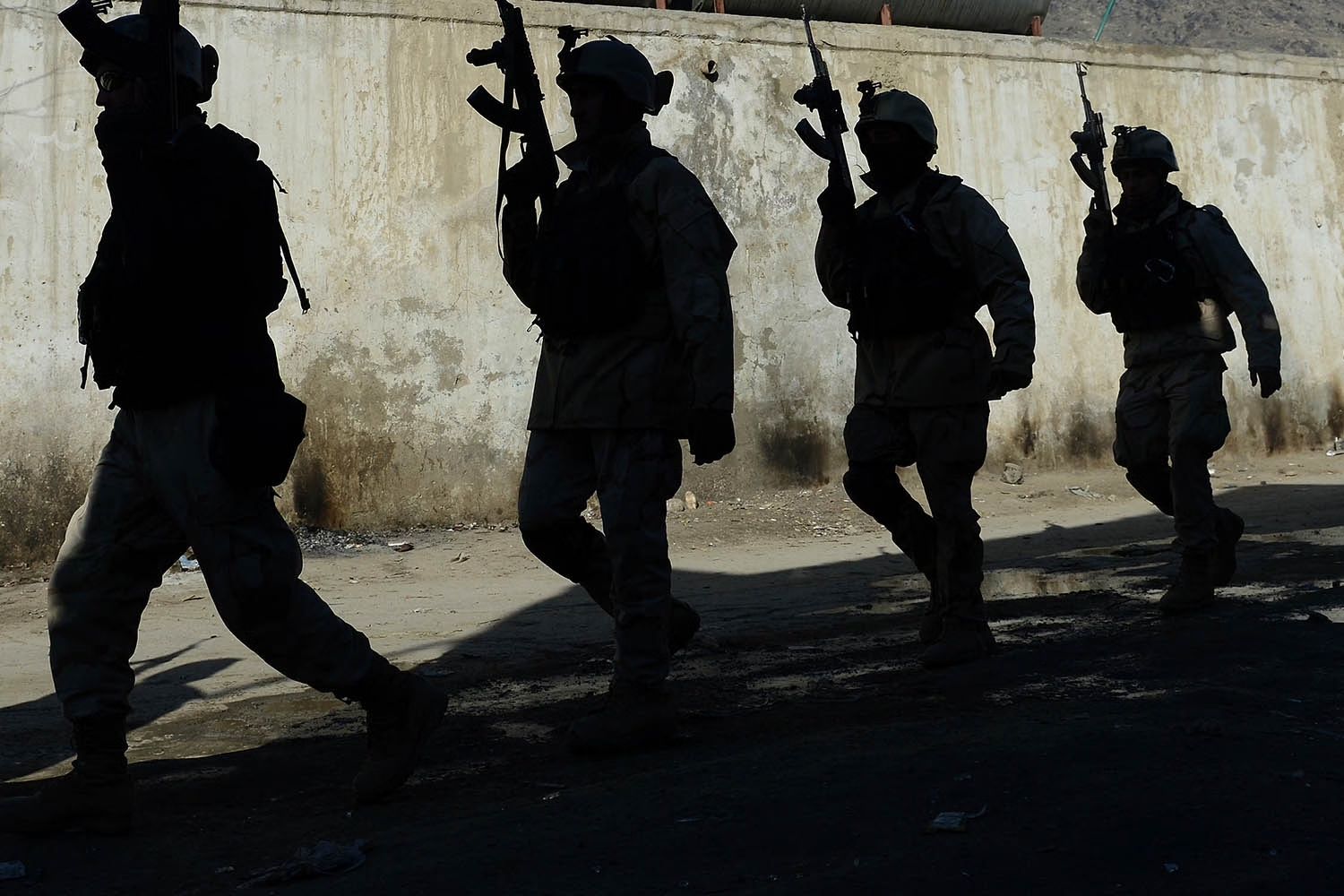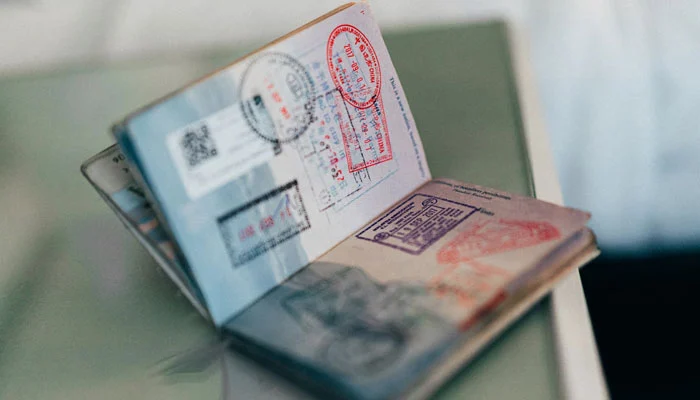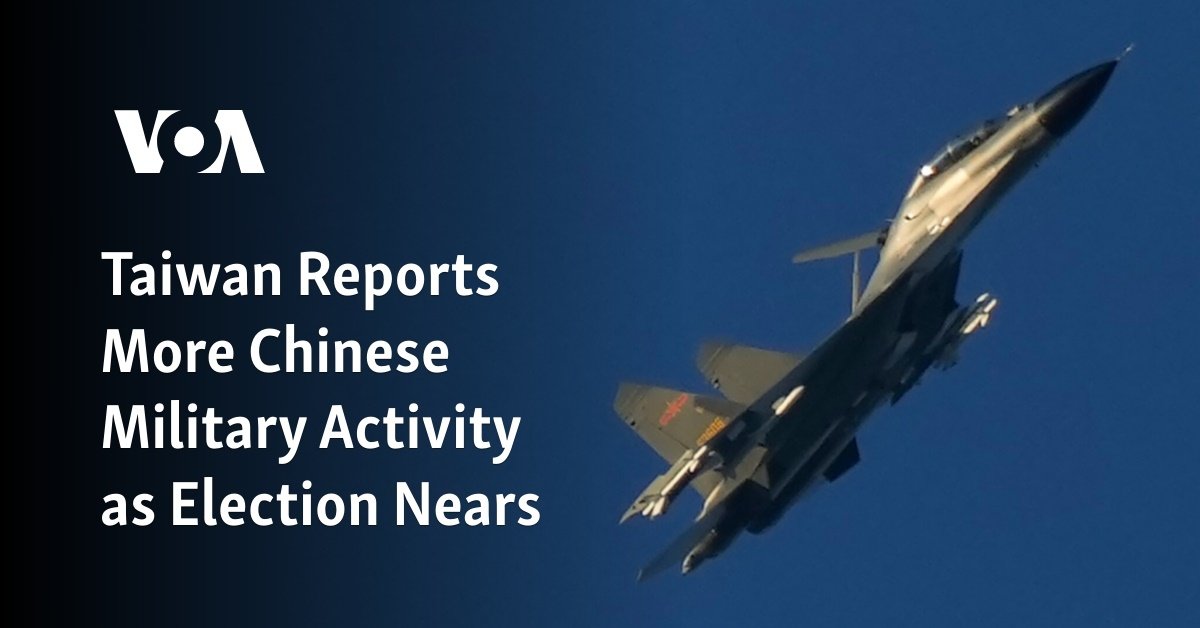Soldiers from Britain’s elite Special Air Service (SAS) and other special forces have shared concerns with a public inquiry about alleged unlawful killings during operations in Afghanistan. Witnesses claimed that Afghan individuals, including those under 16 and posing no threat, were reportedly murdered during night raids targeting suspected Taliban insurgents.
Background of the Inquiry
The independent inquiry, initiated by the Ministry of Defence (MoD), follows a BBC documentary alleging that SAS troops were responsible for 54 suspicious deaths during the Afghan war, primarily between mid-2010 and mid-2013. These incidents occurred during deliberate detention operations — night raids meant to capture or neutralize suspected insurgents.
Seven members of the UK Special Forces (UKSF) testified in secret due to national security concerns. Their accounts reveal troubling patterns of alleged misconduct by a unit identified as UKSF1.
Witness Testimonies
One witness, referred to as N1799, recounted raising concerns in 2011 after learning that “all fighting-age males” were reportedly killed during operations, regardless of whether they posed a threat. His testimony described instances where individuals were allegedly restrained and then executed, with one case involving a pillow placed over a detainee’s head before being shot.
N2107, another officer, expressed disbelief over reports suggesting detained individuals were inexplicably allowed to retrieve weapons and subsequently shot. In emails, he described UKSF1’s operations as appearing “very stupid” and believed by April 2011 that extra-judicial killings were occurring.
Allegations of Cover-ups
The inquiry seeks to determine if credible evidence of extra-judicial killings exists, whether military police investigations into such claims were adequate, and if attempts were made to cover up unlawful actions. Previous military police probes found insufficient evidence to proceed with prosecutions.
Witness Safety and Ethical Concerns
N1799 described feeling disloyal for speaking out but maintained his belief in doing the right thing. Citing fears for his safety, he requested the removal of MoD personnel from the inquiry room before his testimony. “It does make me feel a bit sick,” he said, reflecting the emotional toll of whistleblowing.
Broader Implications
The inquiry, ongoing since 2023, raises critical questions about accountability, military conduct, and the ethical obligations of soldiers. The findings could influence future oversight and operational protocols within the British armed forces.



